By Christianna McCausland
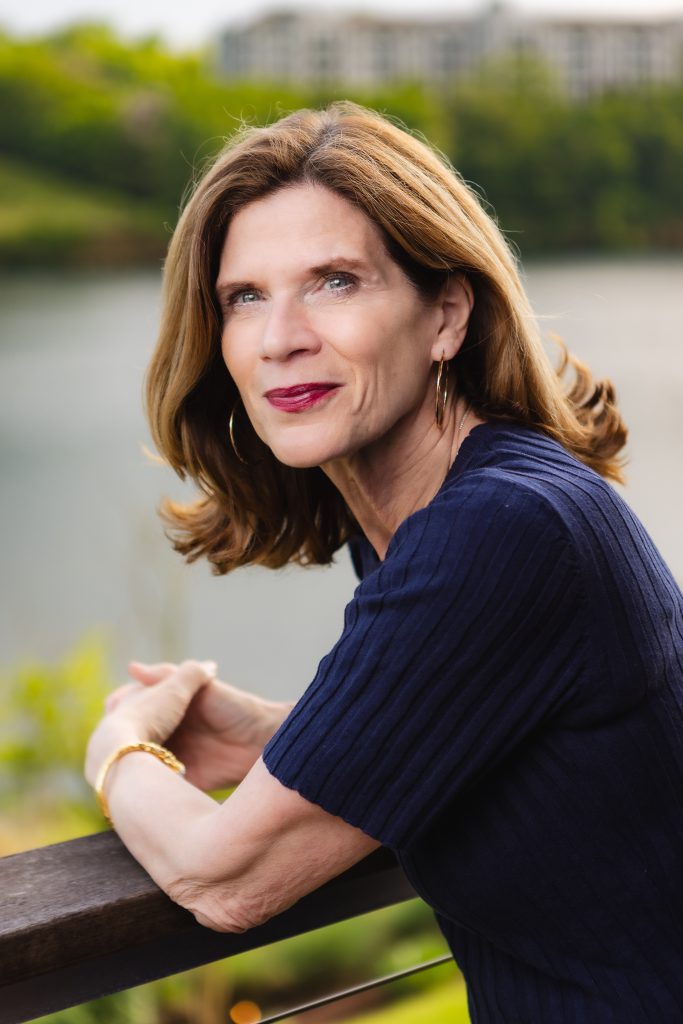
In January 2024, Katie Curran O’Malley, J.D. ’91, became the executive director of the Women’s Law Center (WLC). Within a week she was in Annapolis with another colleague, advocating for bills related to access to women’s reproductive healthcare and wage equality. Despite O’Malley’s extensive legal career, it was the first time she had ever testified in front of a legislative hearing.
“I could tell that the legislators really respected the opinions of the Women’s Law Center,” she says. “I think it’s because we’ve had such great lawyers who have been there over the years for really important bills, and when we go, they pay attention. I want to make sure we continue to do that.”
Being at the forefront of women’s rights has been a hallmark of O’Malley’s career. She began as a law clerk and then a prosecutor in Baltimore County, working for 13 years on “every case imaginable,” from robbery to white-collar crime. But she had her sights set on the bench.
“I appeared before so many judges that set a good example for me, I knew I wanted to do that,” she says. “The judges I wanted to be like afforded the parties the opportunity to be heard, were respectful, were knowledgeable of the law, and made sure everyone had a fair chance.”
In 2001, when Gov. Parris Glendening appointed her an associate district court judge for Baltimore City (a position she held for 20 years), she wanted to model the best of what she’d seen in the courtroom, having witnessed the worst, particularly in cases of intimate partner violence.
“As a young prosecutor, I didn’t like the way the victims were being treated. I thought they were being revictimized by going through the criminal justice system,” she says. “When someone would take the step and be willing to testify to the abuse they were receiving, they would be treated so poorly [by the court], they weren’t going to come back.”
O’Malley says that while judges must always be unbiased, domestic violence cases require context and special scrutiny because, if handled poorly, it could mean someone’s life. “You need to balance a person’s need for safety and some else’s need for liberty, and you don’t want to get the balance wrong,” she says. She saw such a need for judges to understand how to approach these cases that she, along with judges (all now retired) and fellow UBalt Law alumni Christopher Panos, J.D. ’89, Joann Ellinghaus-Jones, J.D. ’81, and Alexandra “Sandy” Williams, J.D. ’81, created best-practices training for new judges. Working with the National Council for Juvenile and Family Court Judges, she taught best practices in domestic violence cases around the country.
A Way of Life
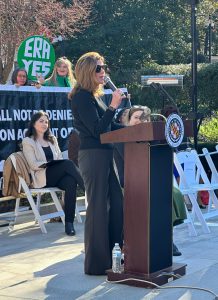
O’Malley is a woman who likes to be busy. It’s a work ethic she says she got from her parents. She has raised four children and balanced her own career with the demands of that of her husband Martin, who was both mayor of Baltimore City and governor of Maryland, as well as a candidate for U.S. president. (He’s now the commissioner of the Social Security Administration.)
When she opted for law school, UBalt was the only school she applied to, not just because her father, J. Joseph Curran Jr., LL.B. ’59, was an alumnus, but because she needed a night school option so she could balance school and her job in finance. It’s not surprising then that when she retired from the judiciary in 2021, she was not planning to slow down.
In 2022, she ran for Maryland attorney general (the position her father once held). When she lost the election, the job at WLC emerged, and it seemed to her the perfect blend of her interests in advocacy and law.
Hon. Barbara Baer Waxman, J.D. ’80, now retired, has known O’Malley since she was a prosecutor and has watched her emerge as an expert in the field of domestic violence. She says O’Malley “is passionate. She cares. This is not a job, it’s a way of life for her.”
Waxman says the WLC job is a perfect fit for O’Malley because she brings so much knowledge to the position and is no longer constrained by a position in the judiciary. “As judges, we are hugely limited in how much we can do in advocacy,” Waxman explains. “Katie brings passion and the background of all she’s seen and learned, and now she has the ability to effectuate real change — both legislatively and one-on-one with victims’ rights.”
At the Women’s Law Center, O’Malley oversees a staff of 20. In addition to legislative advocacy, the center has numerous programs and services, including free legal representation for those seeking protective orders, and no-cost access to family law attorneys, which would be cost- prohibitive for many of WLC’s clients. There are programs specific to the needs of foreign-born victims of domestic violence and sexual assault, to ensure equal protection under the law, and WLC’s statewide hotlines—one for employment law, one for family law—are staffed by experienced attorneys who provide information free of charge to callers.
Interesting given O’Malley’s background, WLC is also part of the state’s judicial selection process, which means they interview prospective new judges and make recommendations to the selection committee.
O’Malley says she loves that WLC gives her the opportunity to interact with other attorneys, and she particularly loves the energy of young lawyers. She should, as three of her four children are lawyers. Although she and Martin are both very busy, she says they love to travel. And her garden and rescue chihuahua help keep her balanced.
O’Malley says the world of law, both for young female lawyers and for clients, has changed since she first walked into a courtroom. But it’s still far from an equitable place, and one gets the sense O’Malley sees a lot of improvements she’d like to see in the legal system.
“I do think things have gotten better,” she says, “but you can never be complacent.”
Christianna McCausland is a writer based in Baltimore.

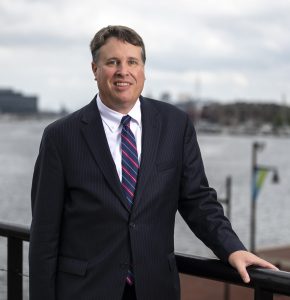
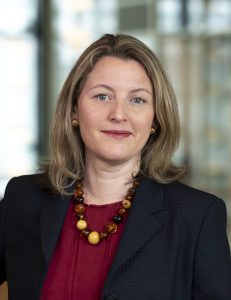
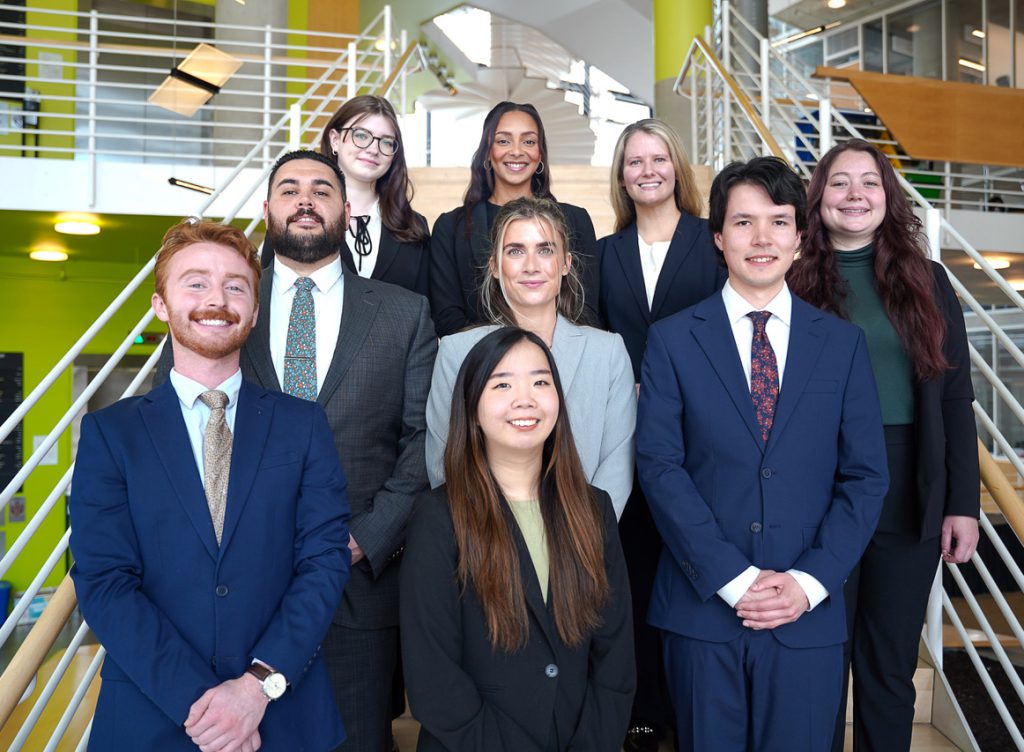
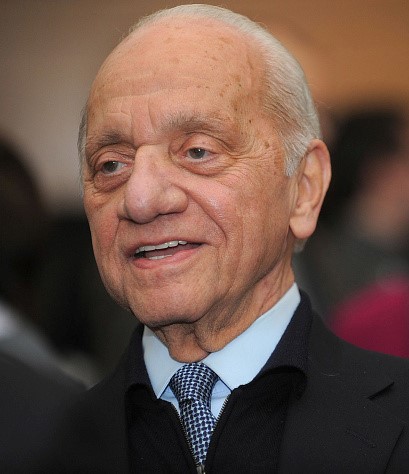 Peter Angelos, LL.B. ’61, the longtime owner of the Baltimore Orioles, a leader of the legal community and a major financial supporter of his alma mater, passed away on March 23, 2024, following a long illness. He was 94.
Peter Angelos, LL.B. ’61, the longtime owner of the Baltimore Orioles, a leader of the legal community and a major financial supporter of his alma mater, passed away on March 23, 2024, following a long illness. He was 94.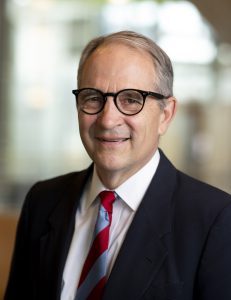

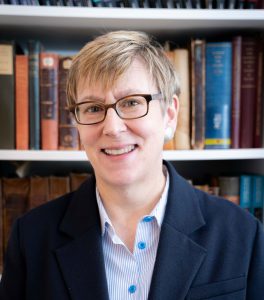
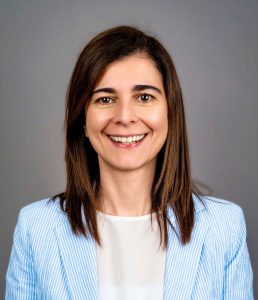
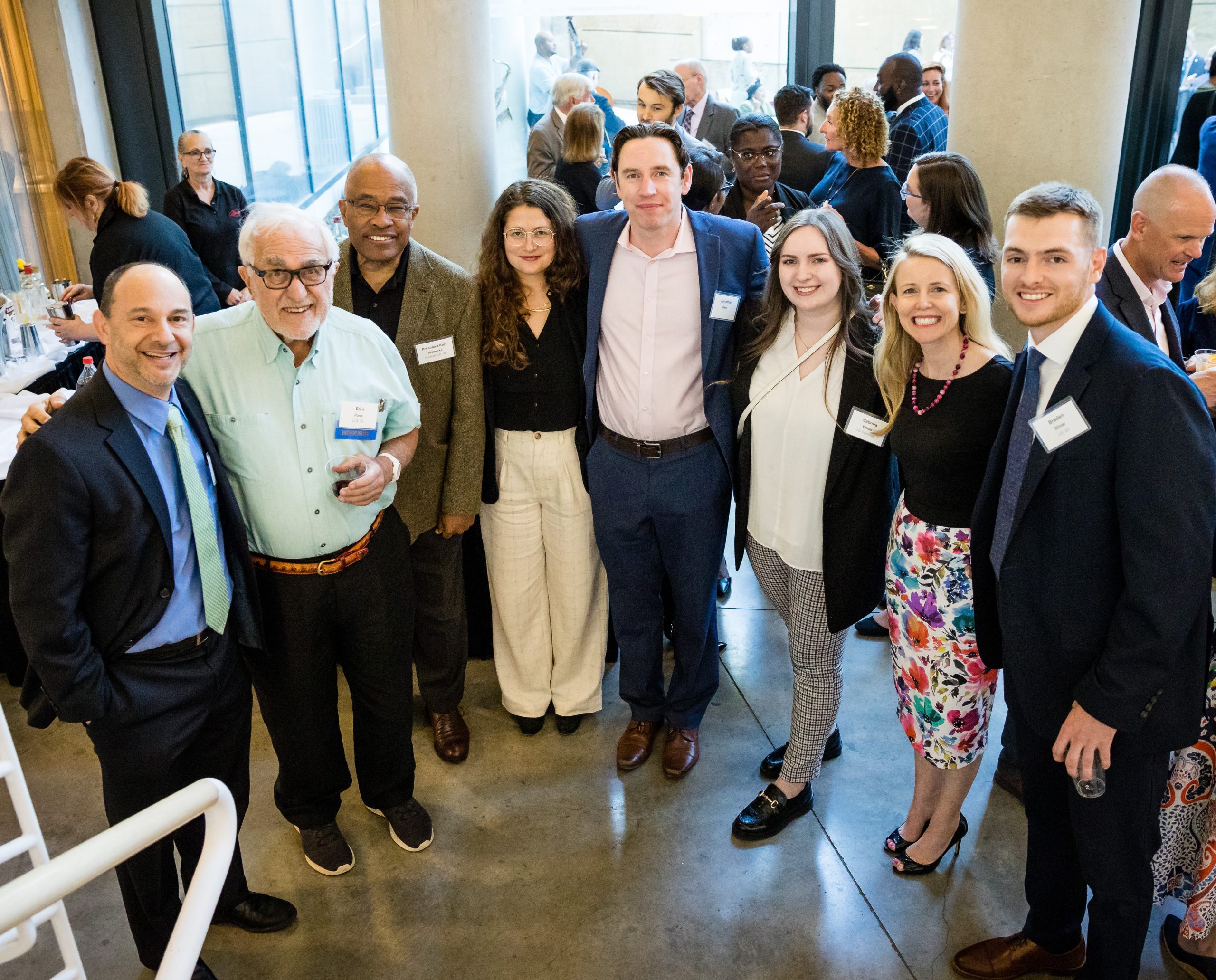
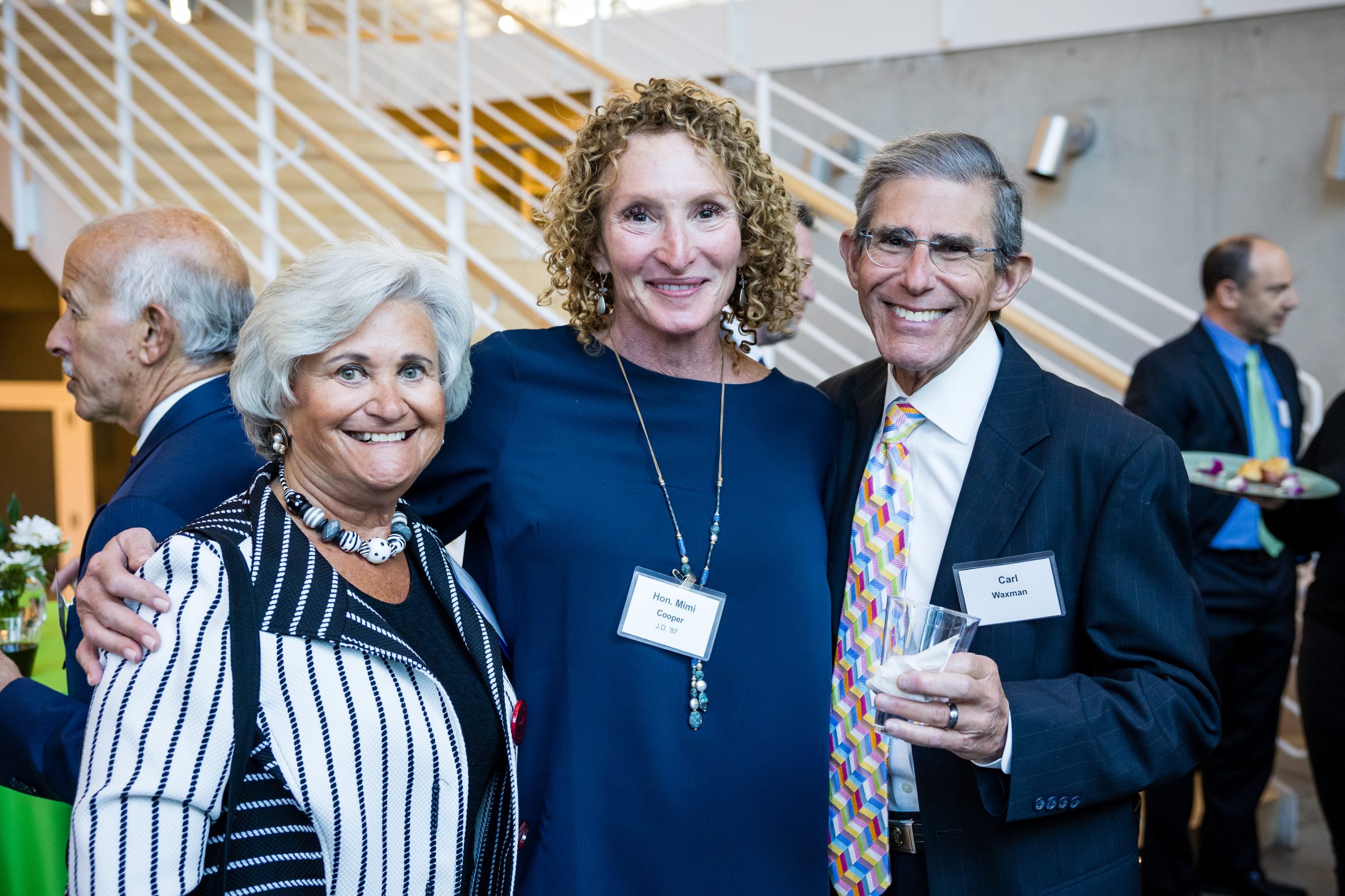
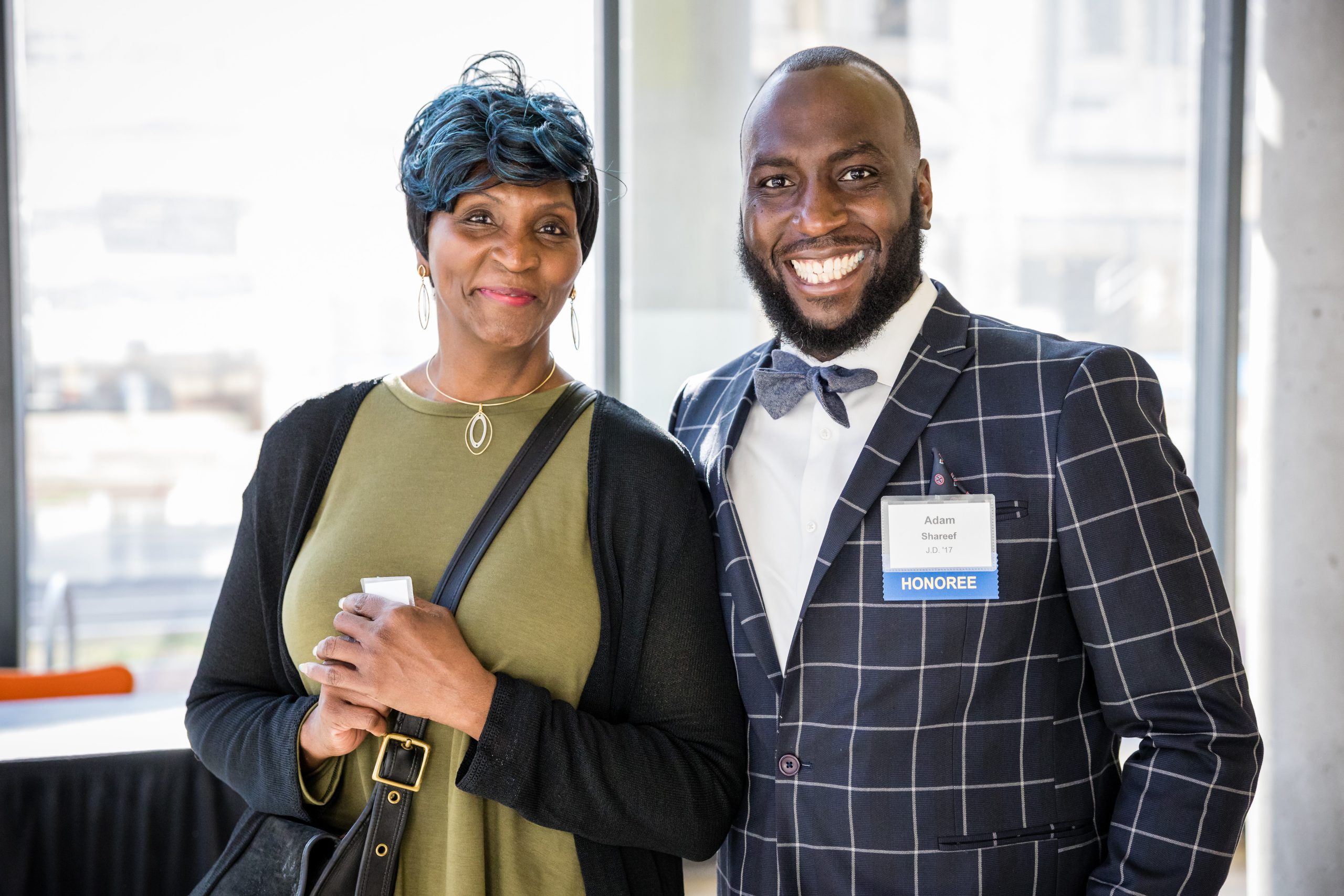
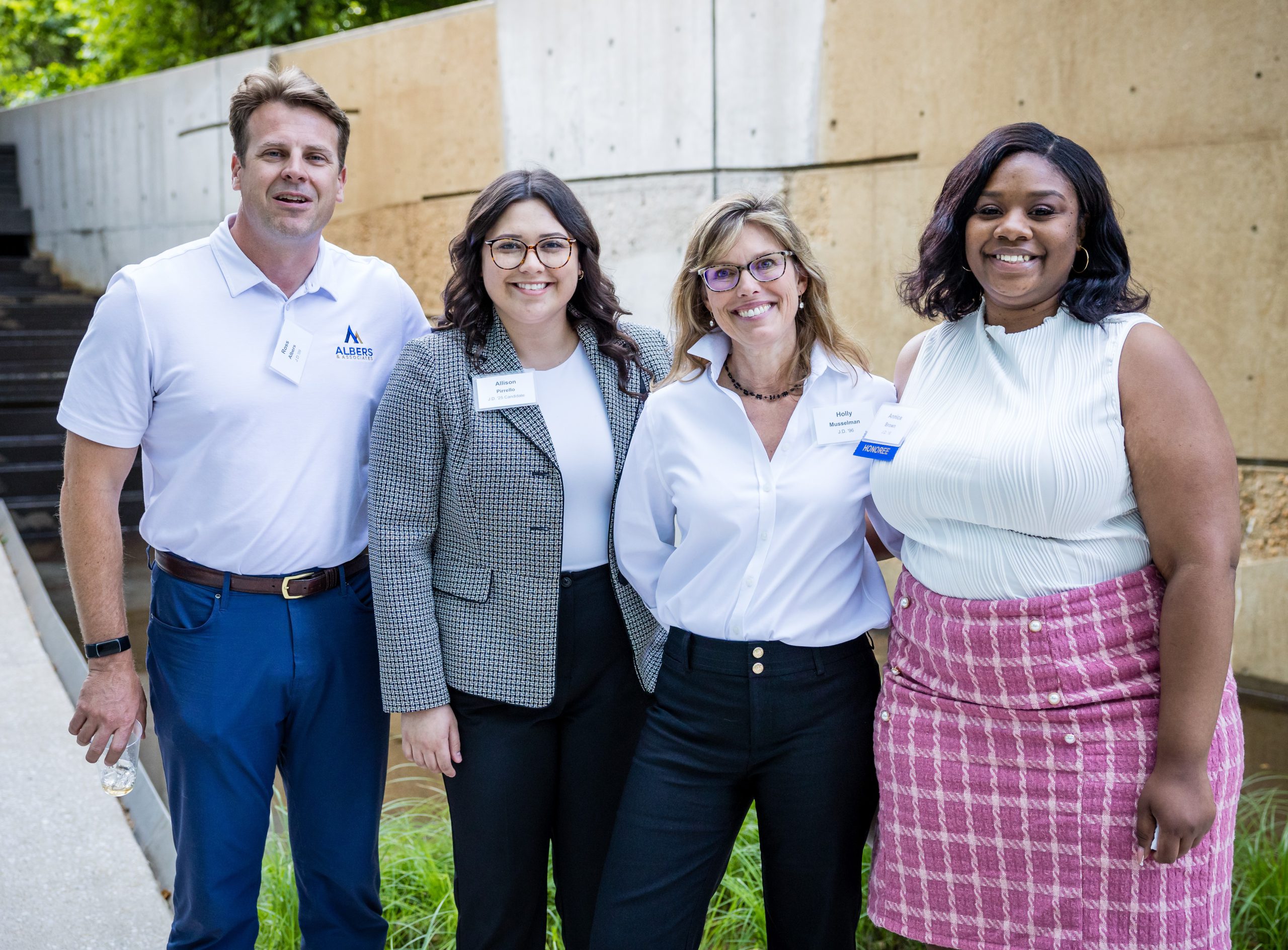
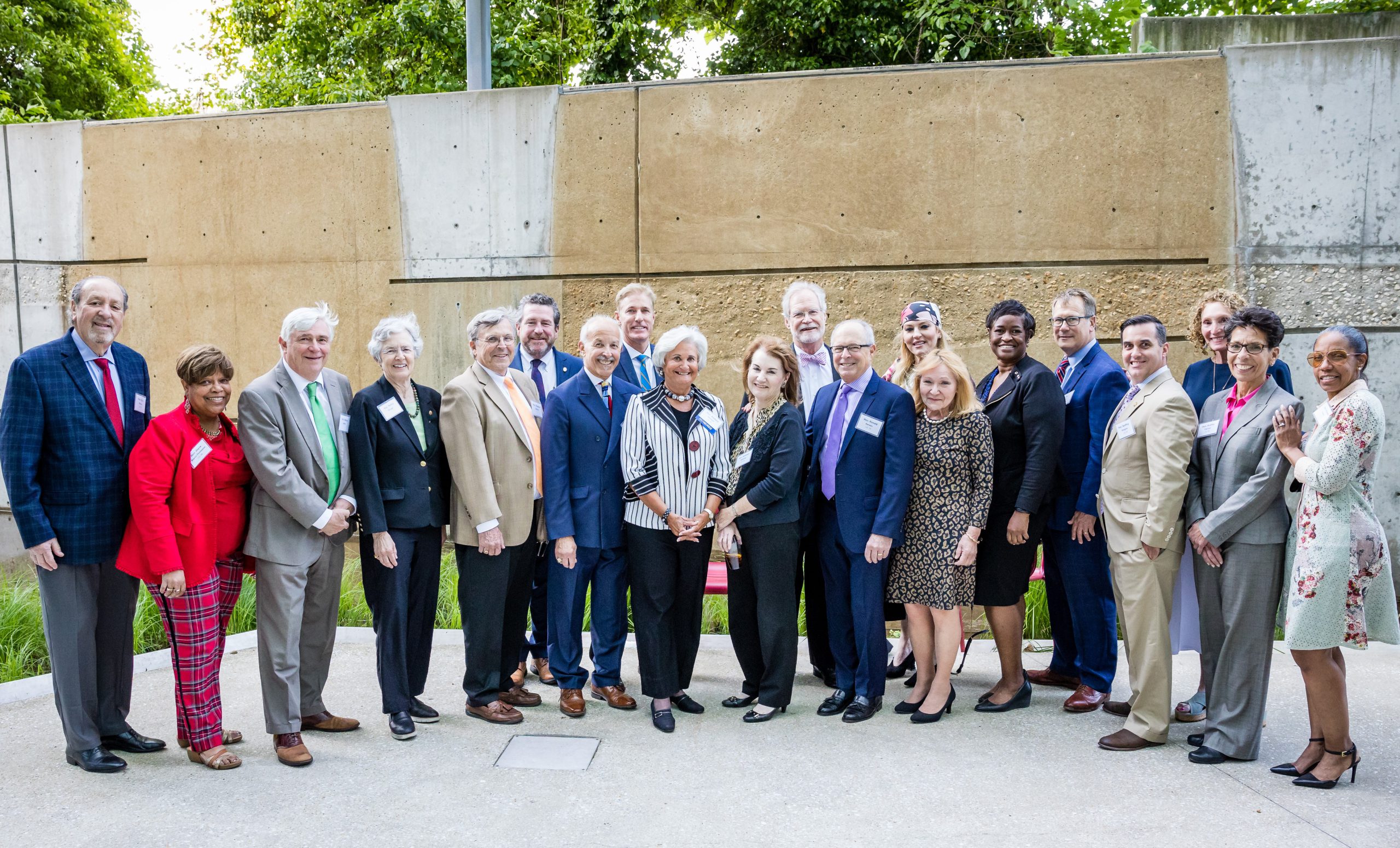
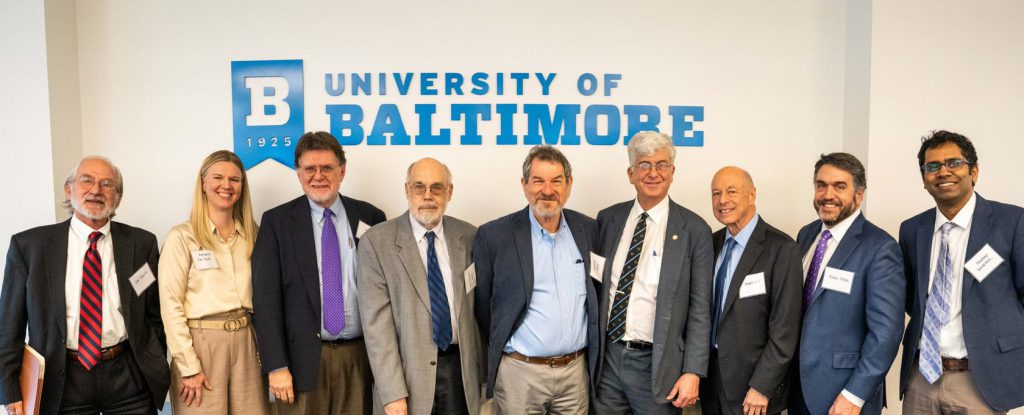
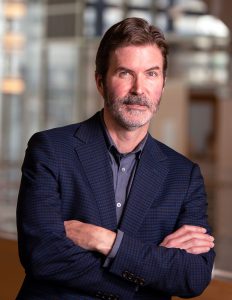
 As you’ve probably heard by now, this will be my last year as dean of the University of Baltimore School of Law. This issue of
As you’ve probably heard by now, this will be my last year as dean of the University of Baltimore School of Law. This issue of 